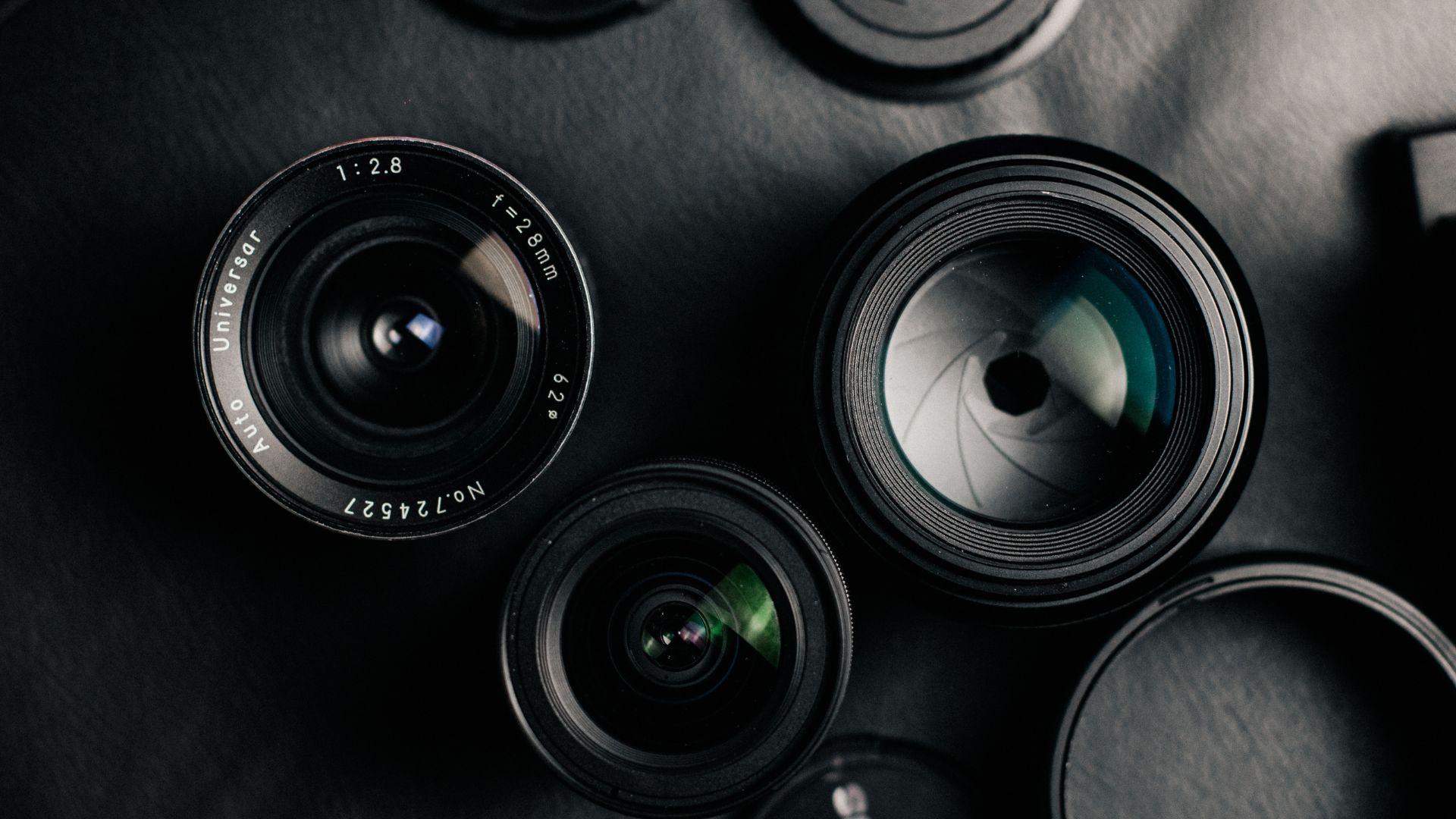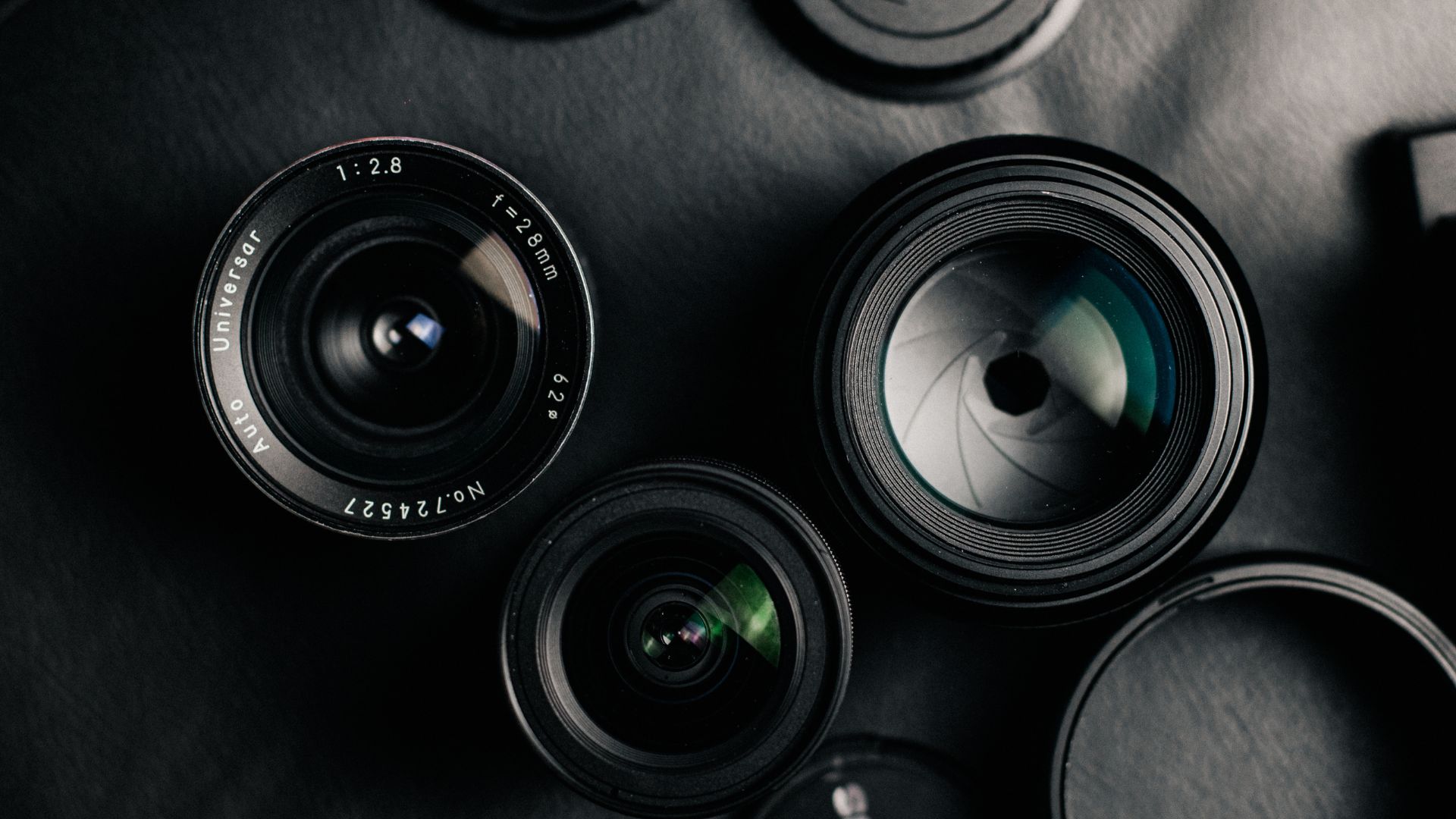How to Choose the Right Lens for Your Camera and Style

In the world of photography, the camera lens is often considered the eye of the photographer. It's the tool that captures the vision and creativity behind every stunning photograph. Choosing the right lens is a crucial aspect of photography, as it not only affects the technical aspects of the image but also plays a significant role in defining your unique style. In this guide, we will explore the factors to consider when selecting a lens that aligns with both your camera and personal style.

Understanding Lens Basics
Before diving into the selection process, it's essential to have a basic understanding of lens specifications. Lenses are characterized by focal length, aperture, and lens type.
- Focal Length: This is the primary factor determining how much of the scene the lens can capture. It's measured in millimeters (mm), and lenses are categorized as wide-angle, standard, or telephoto based on their focal length.
- Aperture: The aperture, expressed as an f-number (e.g., f/1.8, f/2.8), determines the amount of light the lens can gather. A lower f-number means a wider aperture and more light intake.
- Lens Type: Lenses come in various types, such as prime lenses with fixed focal lengths and zoom lenses that offer variable focal lengths. Each type serves different purposes and offers unique advantages.
Consider Your Photography Style
Your individual photography style should guide your lens selection. Whether you're into portrait, landscape, macro, or action photography, there's a lens designed to meet your specific needs.
- Portrait Photography: For capturing the nuances of a subject's expression and creating a pleasing background blur (bokeh), a prime lens with a wide aperture (e.g., 50mm f/1.4) is ideal. This allows for a shallow depth of field, emphasizing your subject and producing stunning portraits.
- Landscape Photography: Wide-angle lenses (e.g., 16-35mm) are perfect for capturing expansive landscapes. They provide a broad field of view and allow you to include more of the scene in your frame. Consider lenses with smaller apertures for greater depth of field, ensuring sharp focus throughout the image.
- Macro Photography:To capture intricate details of small subjects, like flowers or insects, a macro lens with a high magnification ratio is essential. Look for lenses with focal lengths around 90-105mm, offering a comfortable working distance and excellent magnification.
- Action Photography: Fast-moving subjects require lenses with quick autofocus and a high frame-per-second rate. Telephoto lenses with a focal length of 70-200mm or higher are popular choices for sports and wildlife photography. A wide aperture is also beneficial for maintaining a fast shutter speed in challenging lighting conditions.
Compatibility with Your Camera
Not all lenses are compatible with every camera. It's crucial to ensure that the lens you choose is designed for your camera's sensor size and mount. For example, a lens designed for a full-frame camera may not work optimally on a camera with a crop sensor.
Check your camera's specifications and choose lenses that are compatible. Many manufacturers offer lenses specifically designed for different camera models, ensuring optimal performance and image quality.

Budget Considerations
While it's tempting to invest in top-of-the-line lenses, your budget is an important factor in the decision-making process. Fortunately, there are excellent lenses available at various price points. Consider your financial constraints and prioritize lenses that align with both your needs and budget.
Renting Before Committing
If you're unsure about which lens suits your style, consider renting before making a purchase. Renting allows you to test different lenses in real-world scenarios without a significant financial commitment. It's a practical way to ensure that the lens you choose aligns with your vision and meets your expectations.
Discover the Right Lens For Your Everyday Life
Choosing the right lens for your camera and style is a thoughtful process that involves understanding your photography preferences, considering technical specifications, and staying within budget constraints. By aligning the lens with your unique style, you can elevate your photography to new heights, capturing moments with clarity and creativity. Remember to research, test, and explore different options to find the perfect lens that brings your vision to life.

